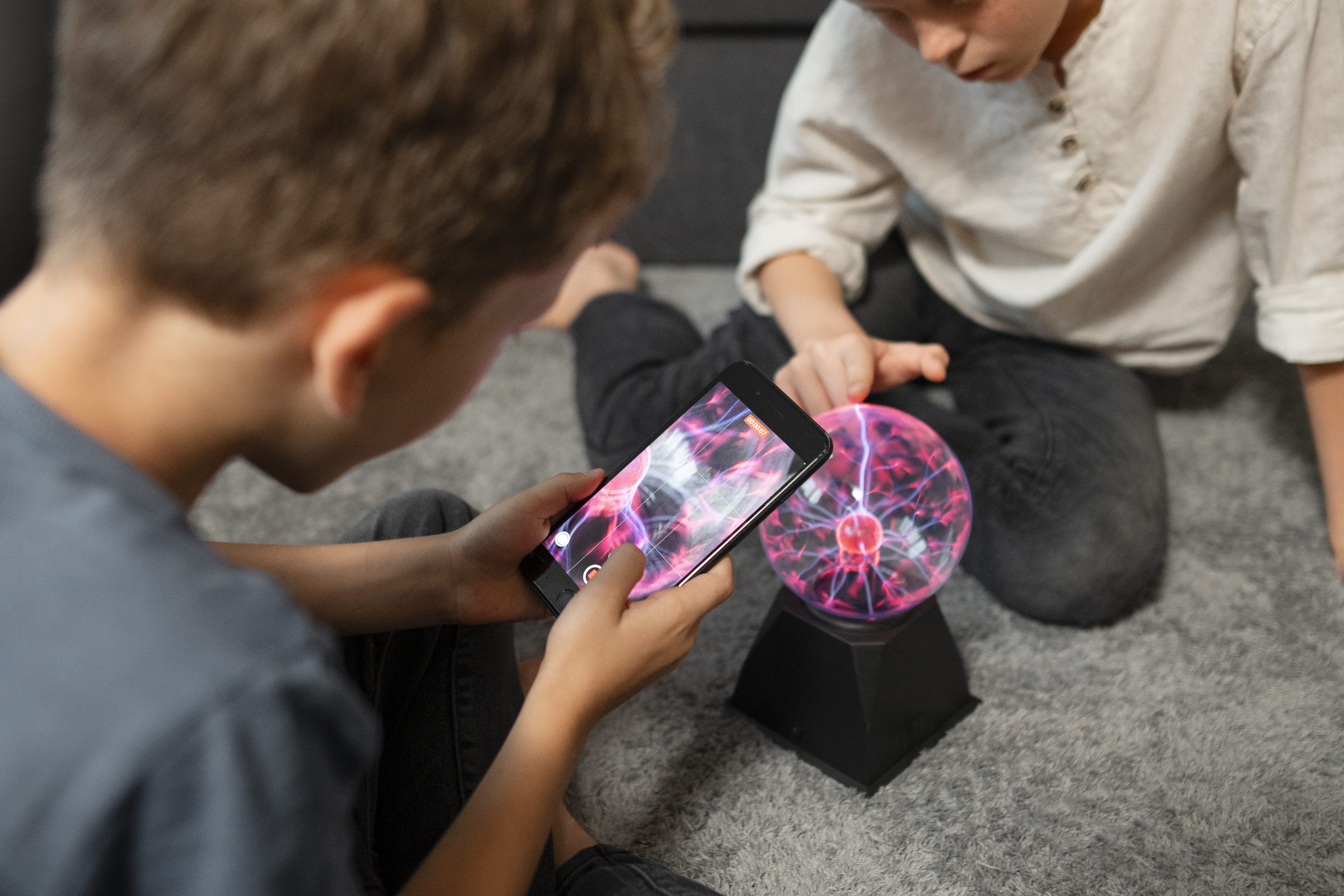Technology applications in cognitive development have transformed our methods of learning and mental wellness practices. Gamification stands as a revolutionary advancement because it combines game design elements with non-game contexts to boost engagement and learning and performance outcomes. Brain training applications that use gamification principles have gained increasing popularity because they show promise in improving memory functions and attention abilities and problem-solving skills and learning capacity.
The research investigates gamification in cognitive development through an evaluation of its advantages and implementation examples as well as discussion of encountered obstacles.
Understanding Gamification and Its Role in Cognitive Development
The application of game mechanics such as points and leaderboards and challenges and rewards in non-gaming contexts functions to boost user participation and motivation and engagement. The application of gamification to cognitive development creates an interactive environment which enhances learning and mental exercise through engaging gameplay mechanics.
The main goal of brain training gamification is to convert dull cognitive activities into enjoyable rewarding experiences. Gamified systems deliver instant feedback and clear objectives and measurable advancement which drives players to continue their efforts and stay motivated as they improve their cognitive abilities through a game-like experience.
The Science Behind Gamification and Cognitive Training
Research conducted in neuroscience and psychology demonstrates that gamification produces positive effects on cognitive processes. Neuroplasticity represents the brain’s fundamental mechanism to restructure itself by creating new neural connections which enables gamified brain training. The combination of gamification with cognitive exercises activates neural networks in the brain which enables people to enhance their current cognitive pathways and create new ones.
Research indicates that consistent cognitive training with gamification elements produces quantifiable enhancements in brain function capabilities. Kueider et al. (2012) conducted research which demonstrated that senior citizens who played brain training games achieved better performance in working memory and processing speed. Owen et al. (2010) observed that participants who completed different brain training games throughout several weeks demonstrated better performance in memory functions and reasoning abilities and problem-solving skills.
The Benefits of Gamification for Cognitive Development
The implementation of gamification in cognitive development provides more than entertainment value because it delivers multiple advantages for cognitive health and learning enhancement and mental wellness:

- The main difficulty in cognitive development for adults and children lies in sustaining their drive to learn. Brain training exercises delivered through traditional methods create a dull experience that drives users to lose their interest. Gamified exercises provide users with immediate feedback and rewards that drive them to finish tasks while they develop their abilities.
- Through gamification users develop multiple cognitive abilities which include attention together with memory and problem-solving and critical thinking. The combination of time limits and obstacles within games enhances working memory alongside processing speed and attention control which represent essential cognitive abilities.
- Stress Reduction: Brain-training games provide users with a stress-reducing experience through their enjoyable cognitive stimulation. These games create a problem-solving atmosphere that helps users relax as they focus their minds positively through engagement.
- The majority of gamified cognitive training applications modify their content according to user ability levels and learning speed by creating customized challenges which change difficulty levels according to user performance. The customized method of cognitive exercise delivery improves effectiveness by allowing personalized targeting of individual weaknesses and step-by-step improvement.
Real-World Examples of Gamification in Cognitive Development
Multiple successful platforms and apps utilize gamification elements to enhance user cognitive abilities:
- Lumosity stands as one of the most recognized brain training platforms which provides multiple games to enhance memory and attention together with flexibility and problem-solving abilities. Users can monitor their advancement through the cognitive exercises which form the basis of each game. Users receive personalized recommendations through their performance data and the system provides rewards to maintain their active participation.
- Peak provides users with a large selection of brain games which test memory functions and language abilities as well as emotional control. The platform combines gamified challenges and user-specific insights to drive user engagement and monitor their development. Users of all ages can benefit from the app because it features step-by-step level progression.
- CogniFit functions as a cognitive training system which delivers games that specifically aim to develop attention abilities and visual perception and memory skills. The platform provides multiple games which serve users across various age ranges starting from children through to adults thus offering broad cognitive development capabilities.
- The brain-training games on Fit Brains assess multiple cognitive abilities through memory and problem-solving and language development challenges. Users receive immediate feedback from Fit Brains together with real-time progress reports and interactive challenges to maintain their engagement.
Challenges and Considerations in Gamified Brain Training
The benefits of gamification for cognitive development include improved problem-solving skills, enhanced creativity, and increased motivation. However, gamification also presents several challenges and considerations that should be taken into account.

- The use of gamification needs to be balanced with other cognitive development methods. The exclusive use of digital games as a cognitive training method restricts the full range of mental development requirements for complete brain maturity.
- The quality of content varies between different gamified brain training applications. The majority of brain training apps fail to demonstrate scientific evidence that their exercise programs effectively enhance mental abilities. Before dedicating to a gamified brain training platform users should research its proven effectiveness.
- Users who play games excessively might develop an addiction to gameplay mechanics that negatively affects their cognitive growth. Gamified brain training functions best as an improvement tool instead of an entertainment activity.
The application of gamification in cognitive development provides an innovative approach to improve mental agility and enhance memory capabilities and problem-solving abilities. Through technological advancements brain training becomes an enjoyable rewarding experience which leads to sustained motivation and lasting cognitive development.
The future of gamified cognitive training shows great promise because of increasing AI and VR integration for cognitive ability enhancement. The responsible use of these tools with moderation will help them support other cognitive development methods while maintaining positive effects on mental well-being. The brain-engaging method of gamification serves as an effective tool which enhances cognitive function and leads to better mental performance.


